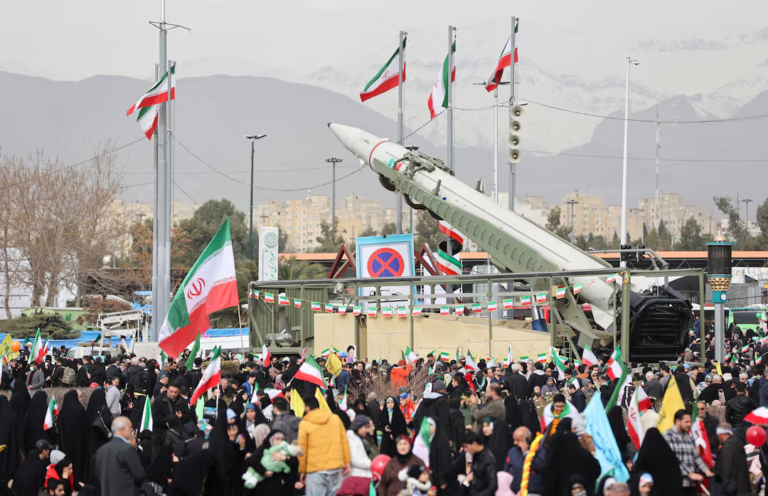
The potential for conflict between China and Taiwan remains a pressing global concern, with rising tensions fueling fears of a military confrontation. However, war is not inevitable—both sides have compelling reasons to seek peaceful resolutions. The future of cross-strait relations should prioritize diplomacy, economic cooperation, and confidence-building measures to prevent a devastating conflict.
Why War is Not the Solution
- Human and Economic Costs – A war over Taiwan would cause catastrophic loss of life, disrupt global supply chains, and devastate regional economies. Both China and Taiwan would suffer immensely, with no true winners.
- Global Consequences – A conflict could draw in major powers like the U.S. and Japan, escalating into a broader crisis with unpredictable outcomes.
- Long-Term Instability – Even if China were to achieve military victory, governing Taiwan against popular resistance would be costly and unsustainable, leading to prolonged instability.
The Path Forward: Peaceful Coexistence
- Strengthening Economic Ties – Increased trade, investment, and technological collaboration can foster mutual dependence, reducing incentives for conflict.
- Political Dialogue – Both sides should resume official talks, focusing on confidence-building measures and incremental agreements to reduce hostility.
- International Mediation – Neutral third-party involvement (e.g., ASEAN or UN-backed negotiations) could help bridge differences and promote peaceful solutions.
- Cultural and People-to-People Exchanges – Encouraging tourism, academic exchanges, and grassroots interactions can rebuild trust and reduce misunderstandings.
Conclusion
While nationalist rhetoric and military posturing dominate headlines, the best future for China and Taiwan lies in peaceful coexistence. War would bring only destruction, whereas dialogue and cooperation offer a path to stability and shared prosperity. Both sides must exercise restraint, prioritize diplomacy, and work toward a framework that respects Taiwan’s autonomy while addressing China’s concerns. The world must support peaceful solutions—because in the Taiwan Strait, peace is not just an ideal; it is a necessity.
The relationship between Taiwan and China has long been a focal point of geopolitical tension. As both sides navigate a complex web of historical, political, and social dynamics, the importance of avoiding armed conflict cannot be overstated. The future of cross-strait relations hinges on fostering dialogue, promoting cooperation, and seeking peaceful solutions to disputes.
Dialogue as the Foundation
Open communication channels are essential to maintaining stability. Regular dialogue between Beijing and Taipei can help to de-escalate tensions, address concerns, and build trust. Even amid disagreements, maintaining consistent diplomatic contact ensures that misunderstandings are minimized and opportunities for compromise are explored.
Economic Interdependence
Economic cooperation has historically served as a stabilizing factor in cross-strait relations. Trade, investment, and shared economic interests provide incentives for both sides to prioritize peace and collaboration. Strengthening these ties can create mutual benefits and reduce the likelihood of conflict.
International Mediation and Support
The international community plays a critical role in fostering peaceful cross-strait relations. Through diplomatic pressure, mediation, and support for dialogue, global actors can encourage both sides to commit to resolving disputes without resorting to violence. Upholding international norms and promoting respect for sovereignty are key components of this process.
Cultural and Social Exchange
Building bridges between the people of Taiwan and China through cultural and social exchange can help to reduce animosity and foster mutual understanding. Programs that promote educational exchange, tourism, and collaboration in arts and sciences can strengthen ties at the grassroots level.
Commitment to Peaceful Solutions
Both sides must prioritize peaceful solutions and avoid provocative actions that could escalate tensions. Respecting the status quo and addressing disagreements through negotiation rather than confrontation will pave the way for a more stable future.
The future of cross-strait relations is not set in stone. By embracing dialogue, cooperation, and mutual respect, Taiwan and China have the opportunity to build a relationship that avoids war and ensures prosperity for all parties involved. It is a challenging path, but one that offers hope for enduring peace.





